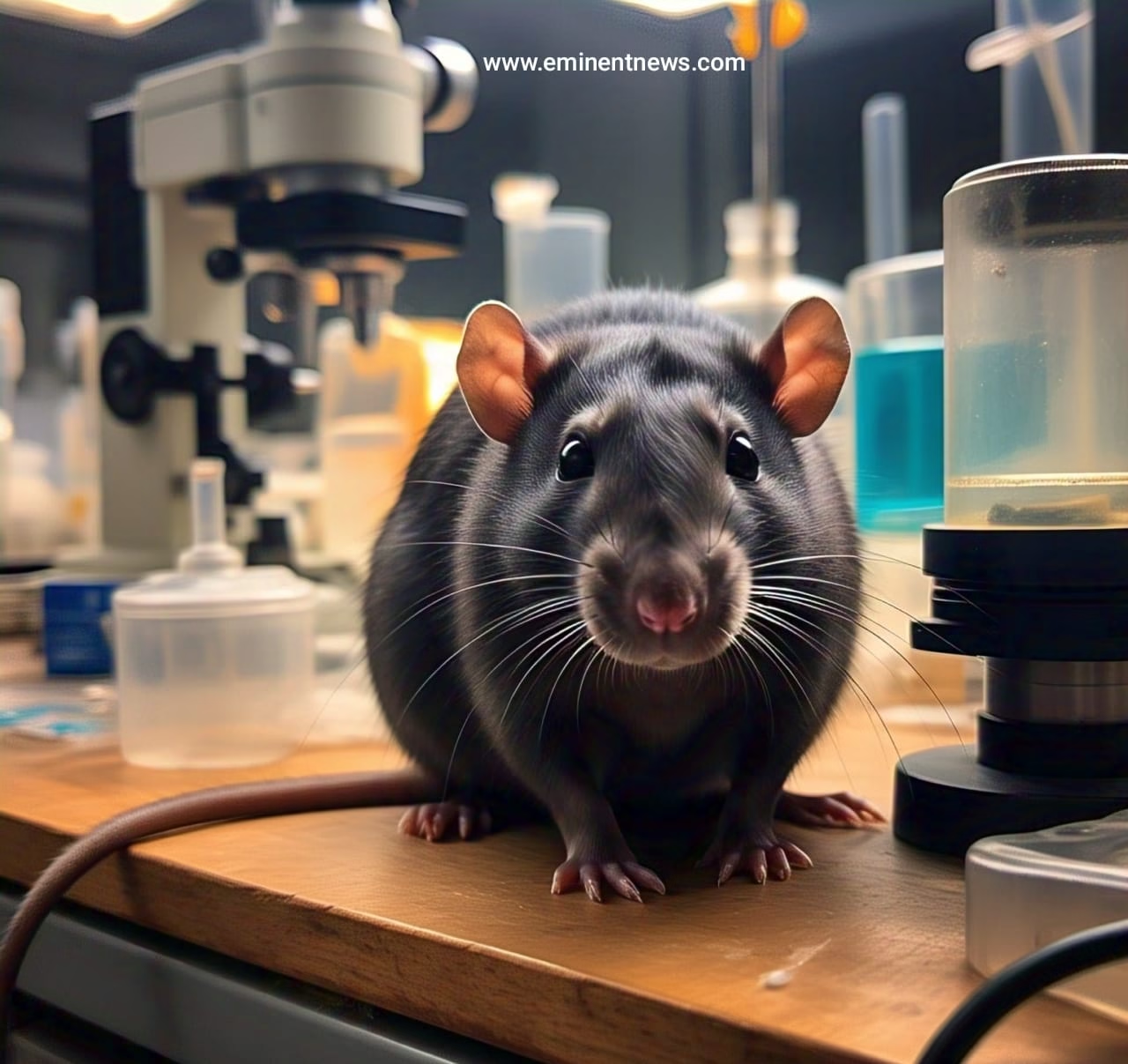As per the recent study in Madagascar Black Rat was identified as the exclusive carrier of the Hantavirus .. Hantavirus refers to a group of viruses carried mainly by rodents that can cause various diseases in humans .
Transmission:
- Hantavirus is primarily transmitted to humans through contact with infected rodents .
- People can contract the virus by inhaling air contaminated with aerosolized virus from rodent urine, droppings, or saliva .
- Other less common routes of transmission include touching contaminated surfaces and then touching the face, eating contaminated food, or, rarely, through rodent bites .
Diseases Caused by Hantavirus:
Hantaviruses can cause different syndromes, with the two most common being :
- Hantavirus Pulmonary Syndrome (HPS): Primarily found in the Americas, HPS affects the lungs and can be fatal .
- Hemorrhagic Fever with Renal Syndrome (HFRS): Found in Europe and Asia, HFRS affects the kidneys and can also lead to severe health issues .
Symptoms:
Symptoms of hantavirus infection can appear between 1 to 8 weeks after exposure and often progress over days or weeks .
- Early symptoms are often flu-like and can include :
- Fever
- Fatigue
- Muscle aches
- Headache
- Dizziness
- Chills
- Nausea and vomiting
- Abdominal pain
- Diarrhea
- Later symptoms of HPS can include :
- Coughing
- Shortness of breath
- Rapid heart rate
- Fluid buildup in the lungs (pulmonary edema)
- Later symptoms of HFRS can include :
- Shock
- Low blood pressure
- Vascular leakage
- Kidney failure
- Low platelet count
Diagnosis:
- Early diagnosis is crucial for effective management .
- Diagnosis involves a physical examination, a review of symptoms, and questions about potential rodent exposure .
- An enzyme-linked immunosorbent assay (ELISA) blood test can confirm the presence of hantavirus .
- Additional tests, such as chest X-rays and complete blood counts, may be conducted to assess the severity and impact on the lungs and other organs .
Treatment:
- There is no specific cure for hantavirus infection; treatment focuses on managing symptoms and providing supportive care .
- Treatment may include :
- Oxygen therapy
- Mechanical ventilation
- Medications to manage blood pressure
- In severe cases, extracorporeal membrane oxygenation (ECMO)
- Hemodialysis for HFRS to support kidney function
- Some antiviral medications, like ribavirin, have shown potential in treating certain hantavirus strains if administered early in the course of infection, but more research is needed .
Prevention:
- The best way to prevent hantavirus infection is to avoid contact with rodents and their droppings, urine, and nesting materials .
- Preventative measures include :
- Sealing potential rodent entryways into buildings
- Setting traps to control rodent populations
- Using appropriate disinfectants when cleaning areas contaminated by rodents
- Wearing protective gear, such as gloves and masks, when cleaning rodent-infested areas
- Practicing good hygiene, such as frequent handwashing, especially after outdoor activities or potential contact with rodents
- Properly storing food and disposing of waste to avoid attracting rodents

























